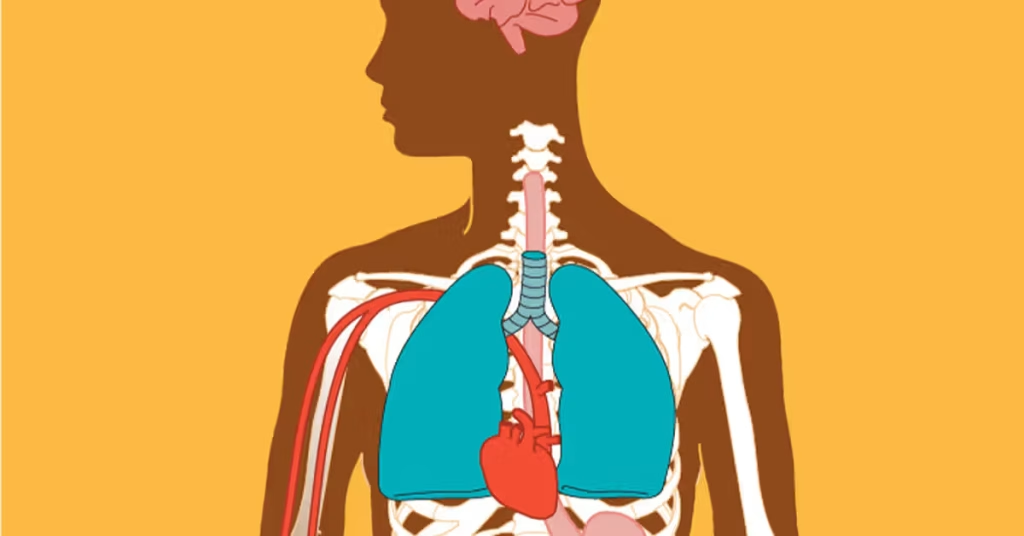Alcohol is often a central part of social gatherings, celebrations, and relaxation. While moderate drinking is generally considered safe for many adults, consuming too much alcohol can lead to serious health issues. Over time, excessive drinking can cause both physical and mental health problems that may affect your quality of life. This blog post will explore the impact of alcohol on your body and mind, helping you understand the risks of overindulgence.
The Physical Effects of Excessive Alcohol Consumption
Liver Damage
One of the most well-known effects of heavy drinking is damage to the liver. The liver processes alcohol, but drinking in excess can overwhelm this vital organ. Chronic heavy drinking may lead to conditions such as fatty liver disease, alcoholic hepatitis, cirrhosis, and liver cancer. These liver conditions can be life-threatening if not managed properly.
Heart Problems
Alcohol can have a direct effect on the cardiovascular system. Binge drinking or chronic excessive alcohol consumption increases the risk of high blood pressure, heart disease, and stroke. Studies show that alcohol weakens the heart muscle, making it harder for the heart to pump blood efficiently, leading to a condition known as alcoholic cardiomyopathy. The risk of arrhythmias, and irregular heartbeats, also increases with alcohol use.
Digestive System Disorders
Excessive alcohol intake can irritate the stomach lining, leading to gastritis, ulcers, and acid reflux. It can also impair the absorption of important nutrients, leading to malnutrition. Over time, the digestive system can be severely damaged, making it harder for the body to absorb vitamins and minerals that are necessary for overall health.
Weakened Immune System
Chronic drinking weakens the immune system, making the body more susceptible to infections. Alcohol can interfere with the production of white blood cells, which are critical in fighting off diseases and infections. Regular excessive drinking can leave you more prone to colds, flu, and even more severe infections like pneumonia.
Weight Gain and Metabolic Issues
Alcohol is high in calories and often contributes to weight gain. Additionally, excessive drinking can interfere with your body’s ability to burn fat. Alcohol also increases the production of insulin, which can lead to insulin resistance over time, potentially triggering type 2 diabetes. This combination of weight gain and metabolic disruptions can have serious long-term consequences.
Sleep Disturbances
While alcohol may initially make you feel drowsy and help you fall asleep, it disrupts the quality of your sleep. Heavy drinking interferes with the REM (Rapid Eye Movement) stage of sleep, which is essential for restorative rest. This can lead to fragmented sleep, resulting in feelings of fatigue and poor concentration the next day.
The Mental and Emotional Effects of Excessive Alcohol Use
Cognitive Impairment
Chronic alcohol use can have lasting effects on brain function. Excessive drinking impairs memory, concentration, and decision-making abilities. Long-term alcohol abuse can lead to brain shrinkage and cognitive decline, contributing to conditions such as alcohol-related dementia. Even short-term heavy drinking can cause temporary memory lapses and difficulty focusing.
Mood Disorders
Alcohol is often seen as a temporary escape from stress and anxiety, but over time, it can contribute to emotional instability. Heavy drinking can exacerbate symptoms of depression and anxiety, and it can lead to mood swings and irritability. Alcohol alters the balance of neurotransmitters in the brain, affecting the way the brain processes emotions. In some cases, alcohol use may even increase the risk of developing mental health disorders.
Increased Risk of Mental Health Disorders
Chronic alcohol consumption is linked to a higher risk of developing mood disorders like depression and anxiety. For those already struggling with mental health issues, alcohol use can worsen symptoms. It can also increase the risk of suicidal thoughts and behaviors, as it impairs judgment and lowers inhibitions.
Addiction and Dependence
One of the most dangerous mental effects of excessive alcohol use is the development of alcohol addiction or dependence. Drinking excessively over time can alter the brain’s chemistry, leading to a physical and psychological dependence on alcohol. As a result, individuals may experience cravings, tolerance (needing more alcohol to achieve the same effect), and withdrawal symptoms when they try to stop drinking.
Impaired Judgment and Risky Behavior
Alcohol impairs judgment and lowers inhibitions, which can lead to dangerous behaviors like reckless driving, unprotected sex, or violent actions. In the short term, these behaviors can result in serious consequences such as accidents, injuries, and legal troubles. For instance, a car accident caused by impaired driving could lead to significant legal issues, making it important to consult a car accident lawyer in Taylorsville. Over time, these reckless choices can cause lasting harm to relationships, careers, and personal safety.
In Conclusion
While alcohol is commonly consumed for relaxation or socializing, it’s important to be mindful of the potential effects that excessive drinking can have on both the body and mind. Chronic alcohol use can lead to a range of health issues, from liver damage to cognitive decline, and can significantly impact emotional well-being. If you find that alcohol is negatively affecting your life, it may be time to reassess your habits and seek professional help if needed.
Understanding the risks of excessive drinking and taking steps to moderate your intake can help you protect your health and maintain a balanced lifestyle. If you’re concerned about your drinking habits or those of someone you know, don’t hesitate to reach out to a healthcare professional for support and guidance. Your body and mind will thank you for it.

